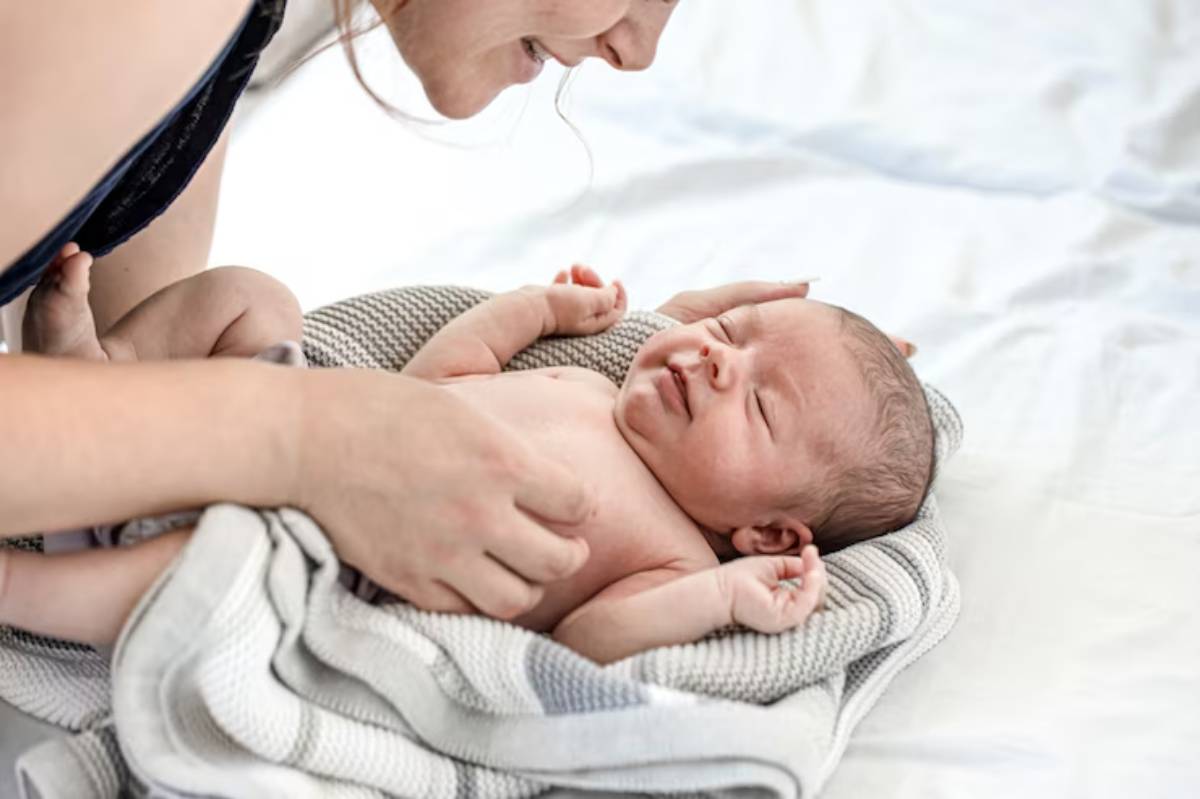
How to Establish a Newborn Bedtime Routine in 7 Days
Bringing a newborn into your life is a beautiful, exhausting, and entirely transformative experience. Amidst feeding schedules, nappy changes, and soothing colic, one elusive element stands out: sleep. Getting your baby to fall—and stay—asleep isn’t just about luck. It requires consistency, patience, and the right environment.
This guide walks you through a 7-day plan to establish a bedtime routine that supports both your baby’s development and your peace of mind. A reliable routine doesn’t just help babies sleep better—it gives you the breathing room to recharge and reconnect with your life outside the nursery.
Understanding the Core: Why a Bedtime Routine Matters
Newborns aren’t born knowing the difference between day and night. Their circadian rhythms—the internal body clock—are still developing. That’s where a bedtime routine steps in. A consistent evening pattern teaches babies when to wind down and prepares their bodies for rest.
According to the NHS and expert paediatricians like Dr. Harvey Karp, babies thrive on predictability.
A routine helps:
- Signal the transition from day to night
- Reduce stress and overstimulation
- Promote longer and more restful sleep cycles
- Support emotional security through repetition
A University of Manchester study showed that babies with consistent sleep routines tend to sleep more soundly and cry less at night. This isn’t just good for them—it’s life-changing for you.
Quick Guide: Your Baby’s Bedtime Routine Essentials

- Start with a consistent bedtime each evening
- Communicate that bedtime is approaching
- Introduce a soothing bath or gentle wipe-down
- Change into a clean nappy and soft pyjamas
- Feed your baby in a dim, quiet space
- Soothe with soft singing, shushing, or cuddling
- Place your baby down drowsy but awake
- Use gentle white noise or dim lighting to signal sleep
Pro Tip: Use the same order of activities every night; the sequence becomes the cue.
Step-by-Step Guide: How to Practise a Week-Long Baby Bedtime Schedule
Day 1 & 2: Establish the Environment
- Choose a set bedtime window (e.g. 7:30–8:00 PM)
- Dim the lights 30 minutes before this time
- Minimise stimulation (loud toys, bright screens)
- Introduce soft music or a white noise machine if your baby responds well (more on this in our honest white noise review)
Day 3: Add a Warm Bath or Wipe-Down
- This is a powerful sensory cue to signal bedtime
- Keep the bath time short (5–10 mins) and gentle
- Follow with a soft towel wrap and skin-to-skin contact
Day 4: Start Feeding Before Sleep

- Offer the last feed of the evening in a quiet room
- Avoid letting the baby fall asleep while feeding—if they do, gently rouse them to break the association
Day 5: Introduce Calming Activities
- Read a short board book, hum a lullaby, or try baby massage
- Keep movements slow and voices soft
Day 6: Place Baby Down Drowsy, Not Asleep
- This promotes self-soothing skills, which are vital long-term
- Stay nearby, offer comfort if needed, but avoid rocking to sleep entirely
Day 7: Assess and Refine
- Evaluate what parts of the routine your baby responded to best
- Maintain consistency—resist the urge to make big changes unless truly necessary
A University of Manchester study showed that babies with consistent sleep routines tend to sleep more soundly and cry less at night. For more insight into this biological foundation, read about how circadian rhythms impact baby sleep and how it ties into bedtime consistency.
Best Practices & Additional Insights
- Keep the sleep space calm, dark, and cool (16–20°C is optimal)
- Swaddling may help young babies feel secure, but ensure it’s done safely
- Try to separate feeding from sleep gradually to avoid long-term reliance
Important Note: Avoid stimulating screens or noisy household activity near the baby’s sleep space.
Take it from Emma, a mum of two in Manchester: “It took three nights of fussing, but by night four, my son began yawning as soon as we dimmed the lights. It was like his brain knew: ‘it’s bedtime.’”
Another helpful strategy is focusing on wake windows during the day. A baby who is overtired will often resist sleep, while a well-timed nap schedule complements the bedtime routine. Learn how to structure daytime naps in our wake windows explained.
Frequently Asked Questions

1. When should I start a bedtime routine for my baby?
You can begin as early as 6–8 weeks. Start with simple cues like dimming lights and soft sounds.
2. What if my baby resists the routine?
Resistance is normal at first. Stay consistent for at least a week before reassessing.
3. Should I wake my baby if they fall asleep during feeding?
If the goal is to teach self-settling, gently rouse them so they learn to drift off independently.
4. Can I still use the routine while travelling?
Yes—try to keep core steps consistent (e.g. bath, feed, lullaby), even if the location changes.
5. What’s a good bedtime for newborns?
Anywhere between 7:00–8:30 PM works well for most families. The key is consistency.
Important Note: Not all babies respond the same way; be flexible but consistent.
Building A Routine
Building a newborn sleep routine isn’t about perfection. It’s about showing up every evening with a sense of calm and a plan. Over time, your baby learns the cues, feels safe in the rhythm, and begins to settle more easily. You, in turn, get back those precious evening hours for yourself, your partner, or just a deep breath.
If you’re ready to move from chaos to calm, start tonight. Choose a bedtime, dim the lights, and begin the routine. In seven days, you may just find that bedtime becomes a cherished, predictable part of your day.
Start building your baby’s sleep habits today—and reclaim your nights, one soothing step at a time.


